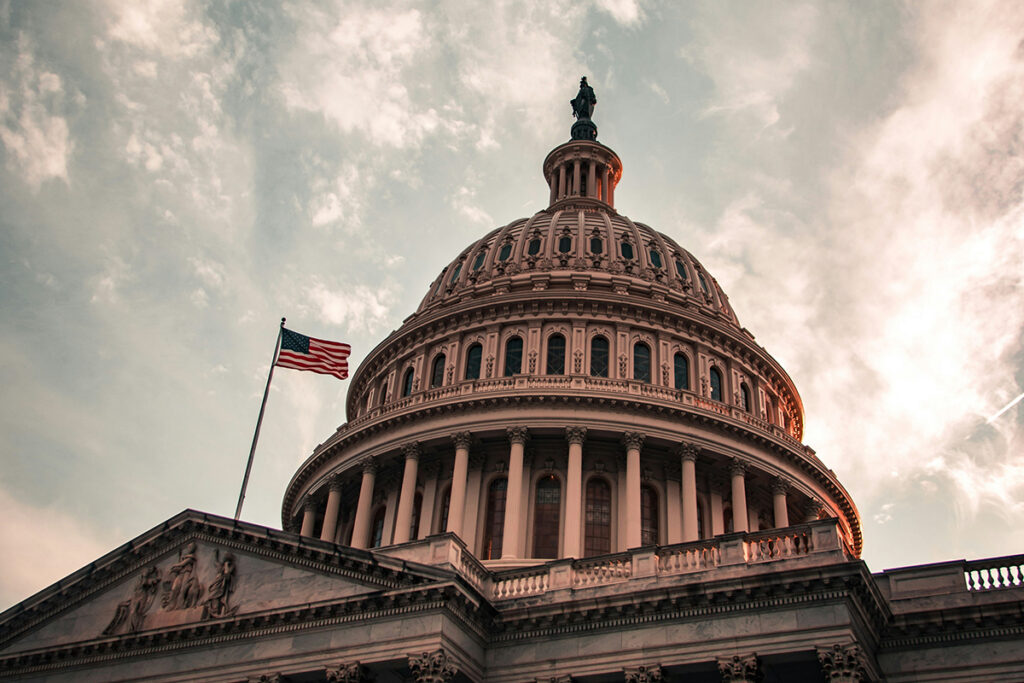This year’s tight labor market has made it difficult to attract talent, especially the right talent. Harry Styles’ star-studded status and uber-popular music make his concerts harder to access than ever before. And, for doing their (very different) work, both the typical American worker and Mr. Styles are receiving better benefits.
The Demand
July’s Jobs Openings and Labor Turnover Survey (JOLTS) shows that demand for workers in the United States is still very high. Job openings remain elevated and hiring rates are not keeping up. Despite rising prices and fears of a recession, the current atmosphere can still very much be described as a “worker’s market.” Harry Styles, meanwhile, was recently proclaimed “The World’s Most Wanted Man” by Rolling Stone. He does not suffer from a shortage of demand for his services.
The quits rate declined slightly in July but remained elevated. That high level tells us that workers have plenty of confidence. If they feel their needs are not being met with their current employer, this economy empowers workers to make a change. The average employee (probably) doesn’t have thousands of fans cheering them on to aid the empowerment but it seems the tight labor market creates a similar effect.
The Benefits
Instead of a traditional tour, Harry Styles is performing multiple shows across just five cities for his North American leg. This “residency” style tour smooths a variety of complications but it is also a more comfortable situation for the artist. Instead of jetting across the United States to the fans, the fans come to him.
Increased flexibility in choosing where to work from is not unique to the biggest stars: many employees are enjoying more remote or hybrid choices in their positions. The comfort that remote work offers has proven difficult to give up completely. Employees able to work from home have not returned to the office in droves; instead many are opting for a hybrid approach. In August 2022, 30.91% of working days were spent outside of the office, compared to just 4.6% before the pandemic. Instead of coming into the office, the office can meet workers at home.
In-demand workers enjoy more than just remote work: nominal wages have been increasing for all earners. Higher demand for labor gives the average worker more influence and benefits, whether or not that worker has 70 million monthly listeners on Spotify.








